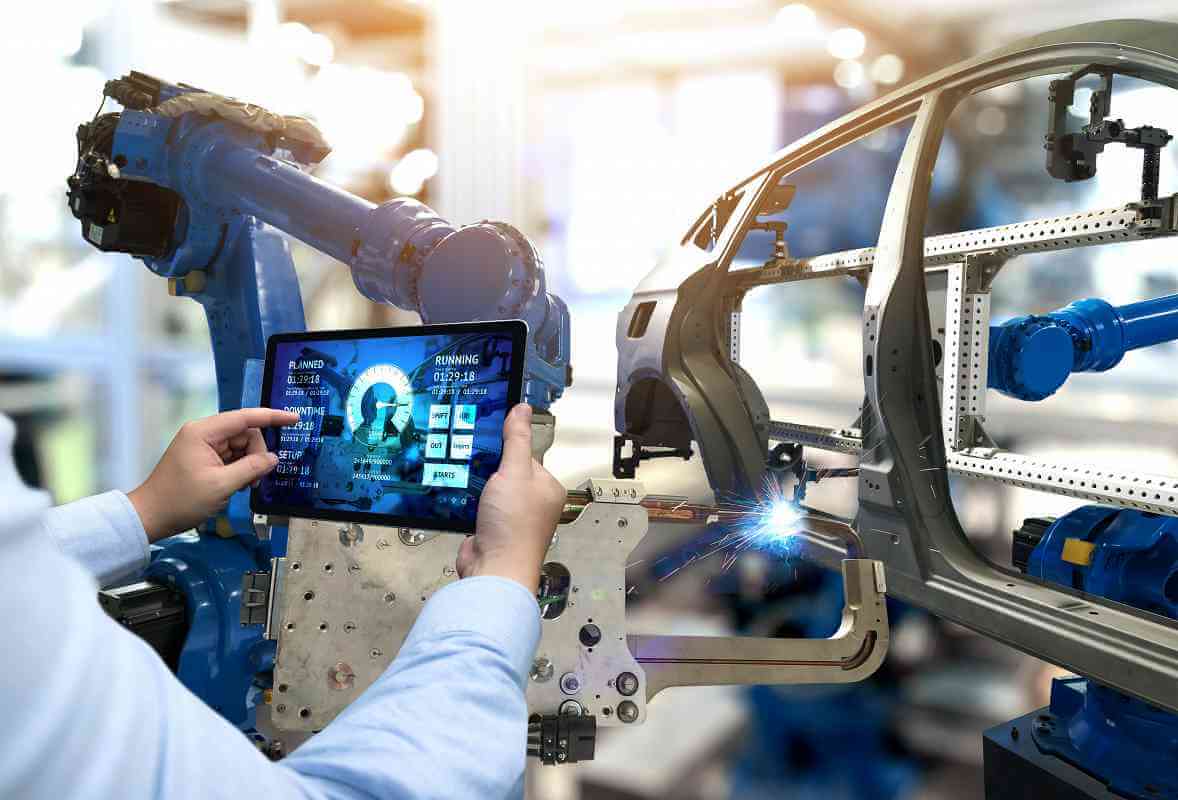From Minnesota and beyond, Halcon Furniture is one furniture making company that wants to increase its high quality and productivity even more. They are focused on designing and building wood furniture for modern offices. They manufacture desks, tables, kitchen cabinets and other custom-made pieces using all varieties of wood species. Their special techniques include matching wood grain designs and miter folding to remove lines, smooth down edges and provide further protection to the furniture. Now the business plans to add new smart manufacturing technology to its production lines.
Manufacturing Upgrades
Despite winning the NeoCon Best of Competition award recently, Halcon has decided to increase its work output levels by 50% and expand its manufacturing space by more than 10,000 square feet. They plan to bring new and improved equipment into the additional space, such as sanders, CNC routers and edgebanders, to replace old, double-end tenoning machines.
Productivity Goals
Halcon’s goals include improving the quality of their products, increasing their work output without hiring more staff and expanding customization options for their furniture. Another major goal is to streamline work processes and reduce the amount of time that it takes to set up operations.
Improvements to Sorting and Stacking
Sorting and stacking processes were found to be complex and difficult to control. The main decision was to remove the process of tenoning and redevelop the CNC department. The complexity of sorting was cut in half and left with only the most important tasks. Since less time and effort are spent on unnecessary tasks, the levels of productivity have tripled for the furniture maker.
Improvements to Assembly
A major goal to improve assembly was to reduce material handling efforts. The time spent to put together cabinets had to be reduced. The techniques used for assembly had to be reevaluated and redeveloped. The factory machinery was rearranged to make the process easier and speed up the workflow.
Improvements to Employee Training
A well-trained staff contributes to the success of smart manufacturing. Making fine-quality furniture must involve hiring and training highly skilled workers; so, it's not all about investing in new equipment or expanding workspaces. They also must learn how to adapt to changes when new machinery is rolled out.
Factory equipment plays an essential role in all manufacturing processes. There are other factors that are necessary to streamline workflow during the production of high-quality furniture. The drive to do better and achieve more is seen in Halcon and many other companies. The work starts by developing a detailed plan to improve every step of the manufacturing process.
